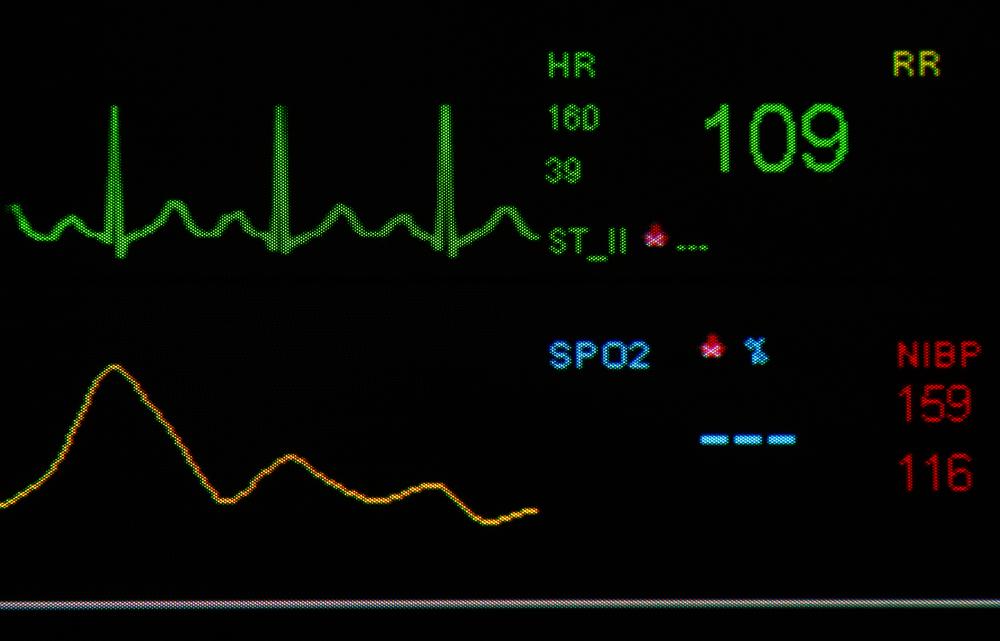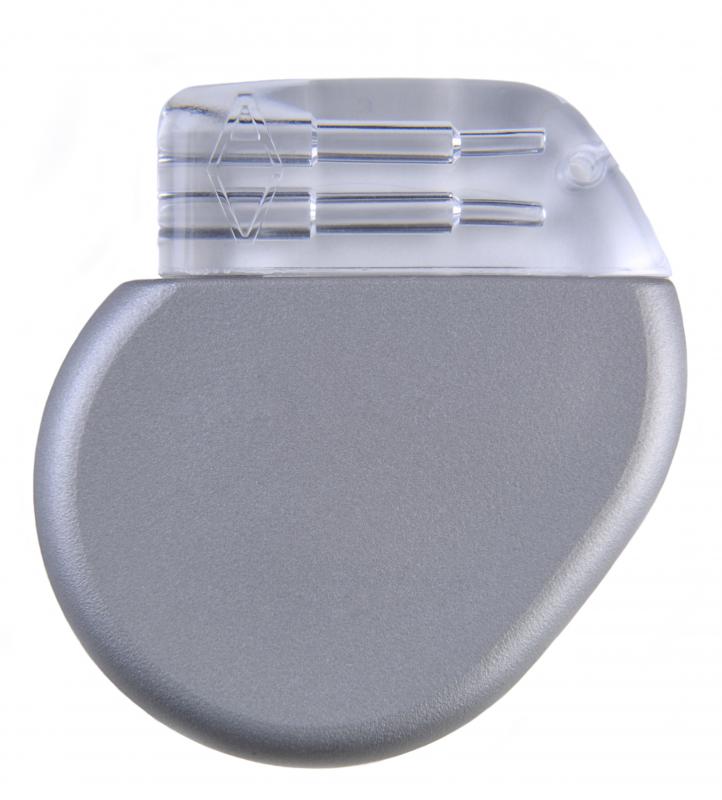At TheHealthBoard, we're committed to delivering accurate, trustworthy information. Our expert-authored content is rigorously fact-checked and sourced from credible authorities. Discover how we uphold the highest standards in providing you with reliable knowledge.
What are the Common Causes of a Low Heart Rate?
Bradycardia is a condition that is commonly called low heart rate. A normal heart rate for a resting adult is usually 60 to 100 beats per minute. Any heart rate below this is considered too low. Sometimes this condition is caused by certain health problems, especially heart problems, or medications. Other times, it may not be a problem at all, just a sign of good health.
When an individual has a low heart rate, one of the more common causes is an underlying heart problem. A heart attack or other trauma to the heart, for example, can cause problems with the heart's natural pacemaker. This can sometimes cause a person's heart to beat too fast or too slow.

Many times, patients with this type of problem must have an artificial pacemaker. These tiny electronic devices are surgically implanted into the chest. This device is then hooked to the heart, and electric impulses cause the heart to beat in a regular rhythm.
Patients with certain thyroid problems may also suffer from a low heart rate. Hypothyroidism, for example, occurs when the thyroid gland produces an insufficient amount of thyroxine. This is the hormone that is responsible for regulating a person's metabolic rate. Low levels of this hormone can cause a low heart rate.

Chemical imbalances, such as an electrolyte imbalance, in a person's body can also cause the heart to beat too slowly. Hyperkalemia occurs when a person's blood has too much potassium. This can cause the muscles in the heart to stop working properly, which can lead to bradycardia, and in some cases, heart failure. A massive dose of potassium is injected into prisoners sentenced to die by lethal injection.

Bradycardia may also be a side effect of some medications. Ironically, most of the medications that can produce this side effect are the same medicines used to treat other heart problems. Beta-blockers, for example, are used to treat high blood pressure, but they can also cause a dangerously low heart rate in some individuals.
In some individuals, a low heart rate is actually a sign of good health and fitness. People who exercise regularly, including trained athletes, typically have a lower heart rate than more sedentary individuals. This occurs because active individuals usually have much healthier hearts.
A person who has bradycardia should usually only be concerned if he experiences negative symptoms. Some signs of medical problem pertaining to this condition include dizziness and fainting, along with weakness, fatigue, and chest pains.
AS FEATURED ON:
AS FEATURED ON:
















Discussion Comments
Over-dosing on blood pressure medications will cause dangerously low heart rate. I know because a friend of mine did that once and had to stay in the hospital because her heart almost stopped. Parents should not leave around their blood pressure medications. They should keep it locked away and secure.
I've noticed that during the summer months, my blood pressure tends to be lower and so does my heart rate. I work outdoors and there have been a few times when I became dizzy while working and had to see a doctor. Both times, the doctor said that my bloo pressure and heart rate are lower than normal.
I think it's heat and exhaustion causing this because I never have these issues in other seasons when there isn't heat. Now I try to stay as cool as possible in the summer. I drink a lot of water and keep a sweet and salty snack with me just in case. Sweet and salty drinks and foods help raise heart rate and blood pressure when they're low.
I used to have a low heart rate when I had hypothyroidism. In fact, when I was diagnosed and put on medication, I thought that I was experiencing a fast heart rate or an irregular heart rate. My heart had adjusted to the the slow rate and when the thyroid hormones made my heart beat faster, it felt strange like my heart was racing. But this problem went away after a few weeks as my heart got used to the regular rate.
My hypothyroidism is gone now and I don't have an issue with low heart rate anymore.
Post your comments